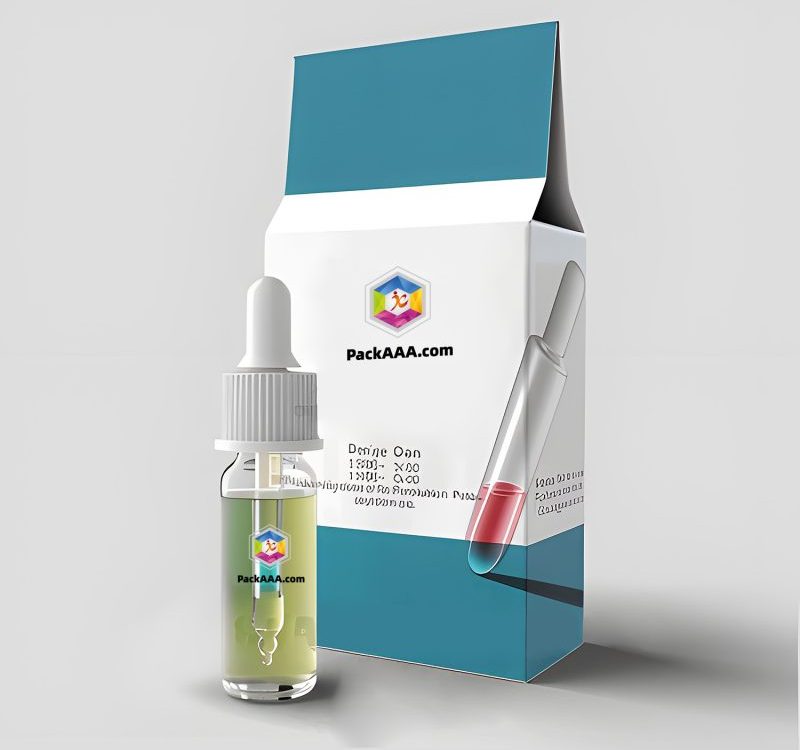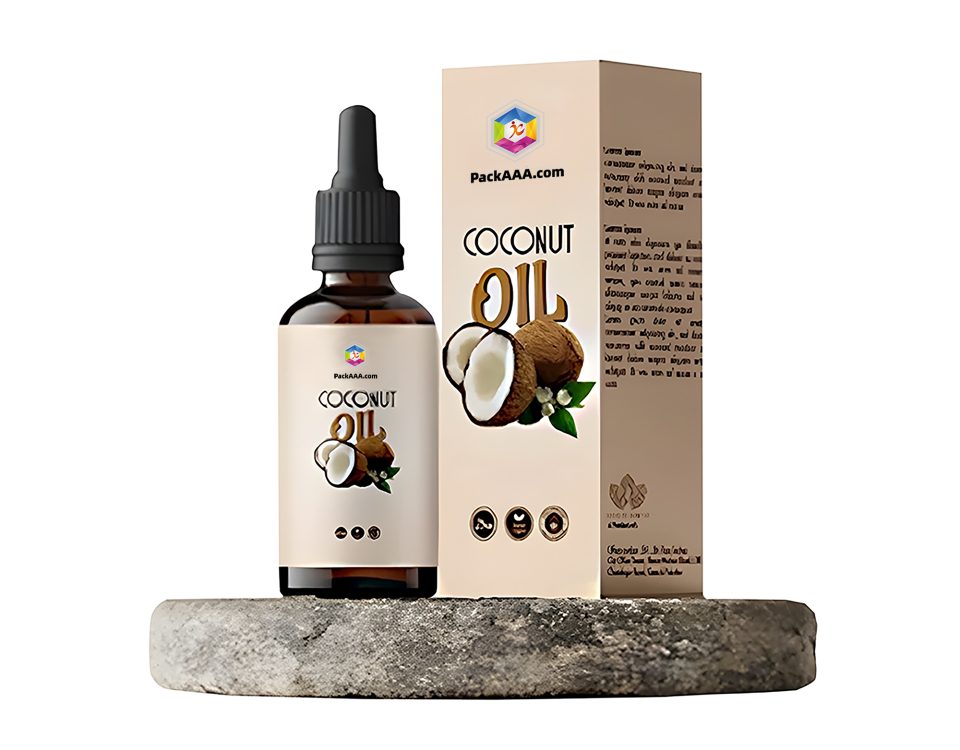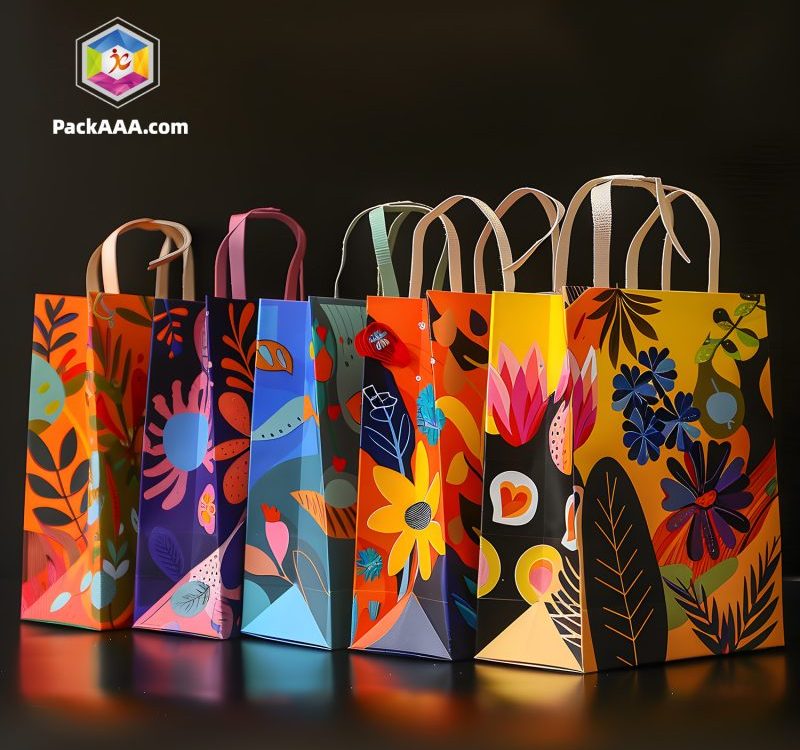In an era where environmental consciousness is reshaping consumer behavior, the packaging of your products can no longer be an afterthought—it’s a vital part of your brand identity. As businesses strive to reduce their carbon footprints and embrace sustainability, eco-friendly packaging emerges as a powerful ally in building a resilient and future-oriented brand. This article delves into the essential role that sustainable packaging plays in shaping your brand’s narrative, enhancing customer loyalty, and aligning with the growing demand for responsible consumption. Join us as we explore innovative materials, design strategies, and practical tips to not only meet the expectations of today’s eco-aware consumers but to lead the charge towards a greener tomorrow. Building your brand’s future starts with every choice you make—let’s make it a sustainable one.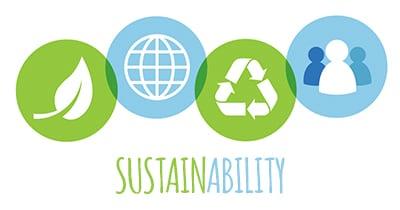
Embracing Sustainability as a Brand Philosophy
In a world increasingly conscious of environmental impact, adopting a sustainable philosophy can significantly differentiate your brand. By making eco-friendliness a core value, brands foster deeper connections with consumers who prioritize responsible practices. Sustainability isn’t just a trend; it’s becoming a necessity. By incorporating eco-friendly packaging solutions, companies can demonstrate their commitment to the planet and enhance their overall brand image. This can lead to stronger customer loyalty, as consumers align themselves with brands that reflect their values.
To solidify this commitment, brands can focus on several essential strategies:
- Reducing Waste: Implement packaging that minimizes excess materials and is designed for reuse or recycling.
- Choosing Materials Wisely: Opt for biodegradable, compostable, or post-consumer recycled materials that decompose safely.
- Encouraging Return and Refill Programs: Create incentives for customers to return packaging for reuse, promoting a circular economy.
- Transparency in Sourcing: Share your sourcing story with customers, showcasing how materials are ethically obtained.
| Material | Eco-Friendly Feature |
|---|---|
| Recycled Cardboard | Reduces deforestation and utilizes waste material. |
| Bamboo Fiber | Rapidly renewable resource, biodegradable. |
| Glass | Completely recyclable and reduces plastic pollution. |
By weaving sustainability into the very fabric of your brand, you’re not only contributing positively to the planet but also setting a standard that can inspire others in the industry. This forward-thinking approach opens doors for innovative partnerships and fresh ideas that reinforce your commitment to environmental stewardship, showcasing that your brand can thrive while prioritizing our shared future.
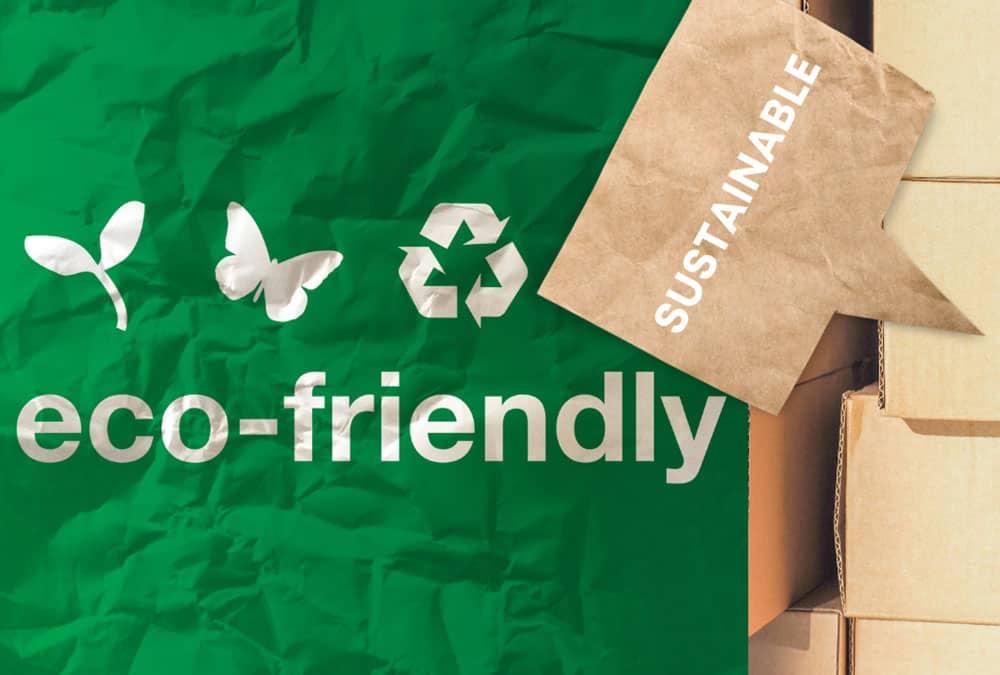
Innovative Materials: The Key to Eco-Friendly Packaging
In today’s rapidly evolving sustainability landscape, brands are exploring the use of innovative materials that not only reduce environmental footprints but also enhance their market appeal. Biodegradable plastics, made from natural materials like cornstarch and sugarcane, are transforming product packaging by breaking down more effectively in landfills compared to traditional plastics. Furthermore, recycled paper and cardboard are now being designed to be more durable, allowing for more efficient use of resources while also presenting a visually appealing aesthetic to consumers. This blend of functionality and environmental consciousness is poised to resonate well with increasingly eco-aware shoppers.
To further reinforce a brand’s commitment to sustainability, many companies are adopting a mix of unconventional materials that push the boundaries of what eco-friendly packaging can mean. Consider the emergence of mushroom-based packaging derived from agricultural by-products, which offers not only compostability but also natural insulation. Additionally, mycelium technology creates unique shapes and textures that appeal to the consumer’s desire for authenticity and innovation. By incorporating these advanced materials, brands are not only showcasing their ecological stance but also inviting their consumers to be part of a larger narrative that values our planet’s health.
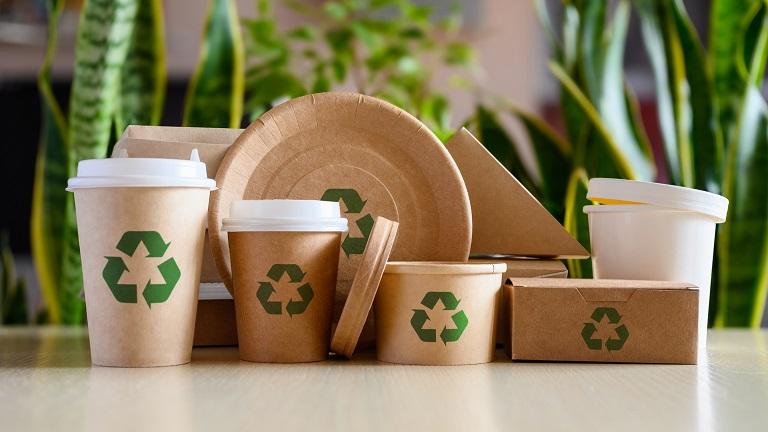
Designing for Impact: Aesthetic and Functional Considerations
In the quest to establish a memorable brand, the interplay between aesthetics and functionality becomes paramount. Eco-friendly packaging allows businesses to enhance their visual identity while championing sustainability. When designing, consider how colors, shapes, and materials can reflect your brand’s values and resonate with your target audience. A well-crafted package can serve as a silent ambassador for your brand, conveying messages of purity, quality, and environmental stewardship. Strong visual elements, consistent branding, and tactile experiences not only capture consumer attention but also foster a sense of loyalty that extends beyond the purchase itself.
Equally important is the functional aspect of packaging. Consumers expect products to arrive safely and with ease of use in mind. Therefore, incorporating features such as easy-open mechanisms, minimalistic design, and compostable materials can significantly enhance user experience. To ensure that sustainability doesn’t compromise practicality, consider the following:
- Material choices: Use biodegradable, recyclable, or reusable materials.
- Design simplicity: Aim for concise and efficient packaging that minimizes waste.
- Consumer engagement: Encourage customers to share how they repurpose or recycle your packaging.
By merging aesthetic appeal with practical considerations, brands can create packaging that not only protects the product but also enriches the customer experience. Below is a comparison of different eco-friendly packaging materials:
| Material | Benefits | Limitations |
|---|---|---|
| Recycled Paper | Biodegradable, customizable | Less moisture resistant |
| Glass | Reusable, recyclable | Heavy, breakable |
| Bamboo | Rapidly renewable, sturdy | More expensive, less available |
By thoughtfully considering both the visual and functional components, brands can pave the way for innovative, eco-friendly packaging solutions that appeal to conscious consumers and solidify their commitment to environmental responsibility.
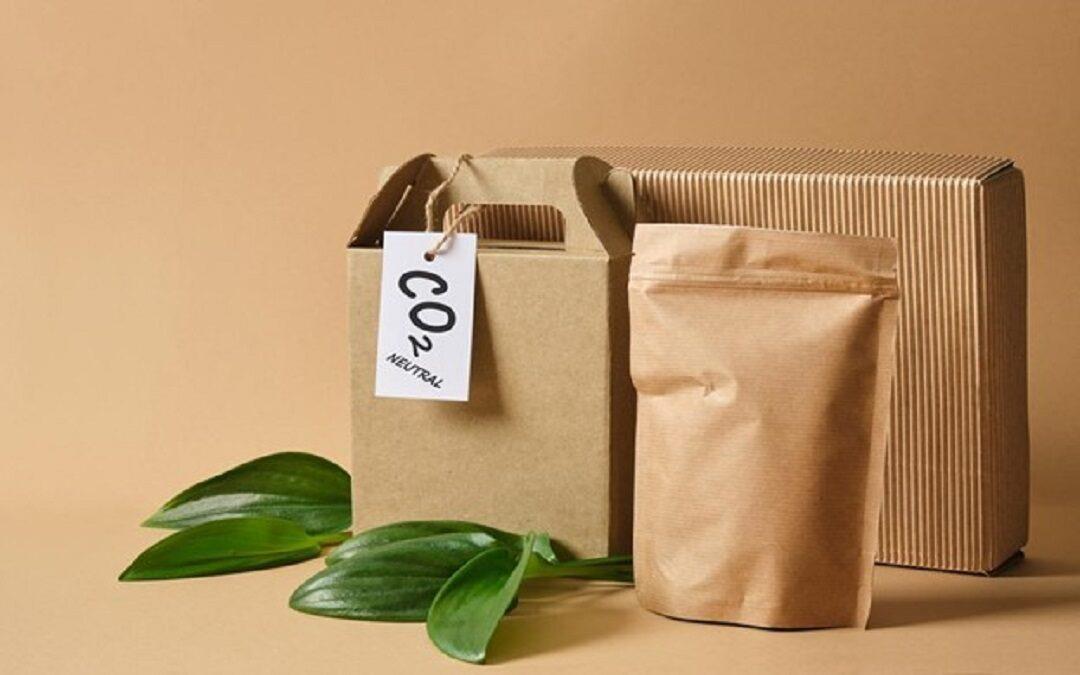
Communicating Your Commitment: Marketing Strategies for Eco-Conscious Consumers
In today’s competitive landscape, it’s essential to articulate how your commitment to sustainability translates into tangible benefits for your customers. Start by weaving your eco-friendly narrative throughout your marketing materials—whether in email newsletters, social media posts, or product packaging. This message should highlight why sustainable practices matter, making it clear that choosing your brand means making a conscious choice for the planet. Utilize visuals that resonate with eco-conscious consumers, such as earthy color palettes and images of natural landscapes, to reinforce your dedication to the environment. Engage your audience by sharing behind-the-scenes looks at your sustainable processes, showcasing the innovations and craftsmanship that go into creating eco-friendly products.
Additionally, consider implementing a rewards system that incentivizes sustainable choices among your customers. This could manifest as a loyalty program where customers earn points for returning packaging or purchasing eco-friendly products. Incorporating social proof through testimonials or case studies can further enhance your narrative, as people are more likely to trust the experiences of fellow consumers. Here’s a simple overview of strategies you can employ:
| Marketing Strategy | Description |
|---|---|
| Email Campaigns | Highlight sustainability initiatives with engaging content. |
| Social Media Engagement | Share stories of eco-friendly practices and customer experiences. |
| In-Store Promotions | Showcase products with eco-friendly packaging and signage. |
| Collaborations | Partner with environmental organizations for co-marketing efforts. |
Closing Remarks
as we stand at the intersection of commerce and sustainability, the choices we make today shape the world we leave for tomorrow. Eco-friendly packaging is not merely a trend; it is a pivotal element in building a brand that resonates with the values of the increasingly conscious consumer. By embracing sustainable practices, you are not only reducing your environmental footprint but also carving out a distinctive identity that can elevate your brand in a competitive marketplace. As you embark on this journey, remember that every small step toward eco-consciousness matters. Engage your audience with transparent communication about your efforts and invite them to be part of the change. Ultimately, it is through these meaningful connections and responsible choices that your brand can thrive in harmony with the planet. Let us look forward to a future where innovation and environmental stewardship go hand in hand, paving the way for a better tomorrow. Together, we can build a legacy of sustainability that inspires generations to come.




